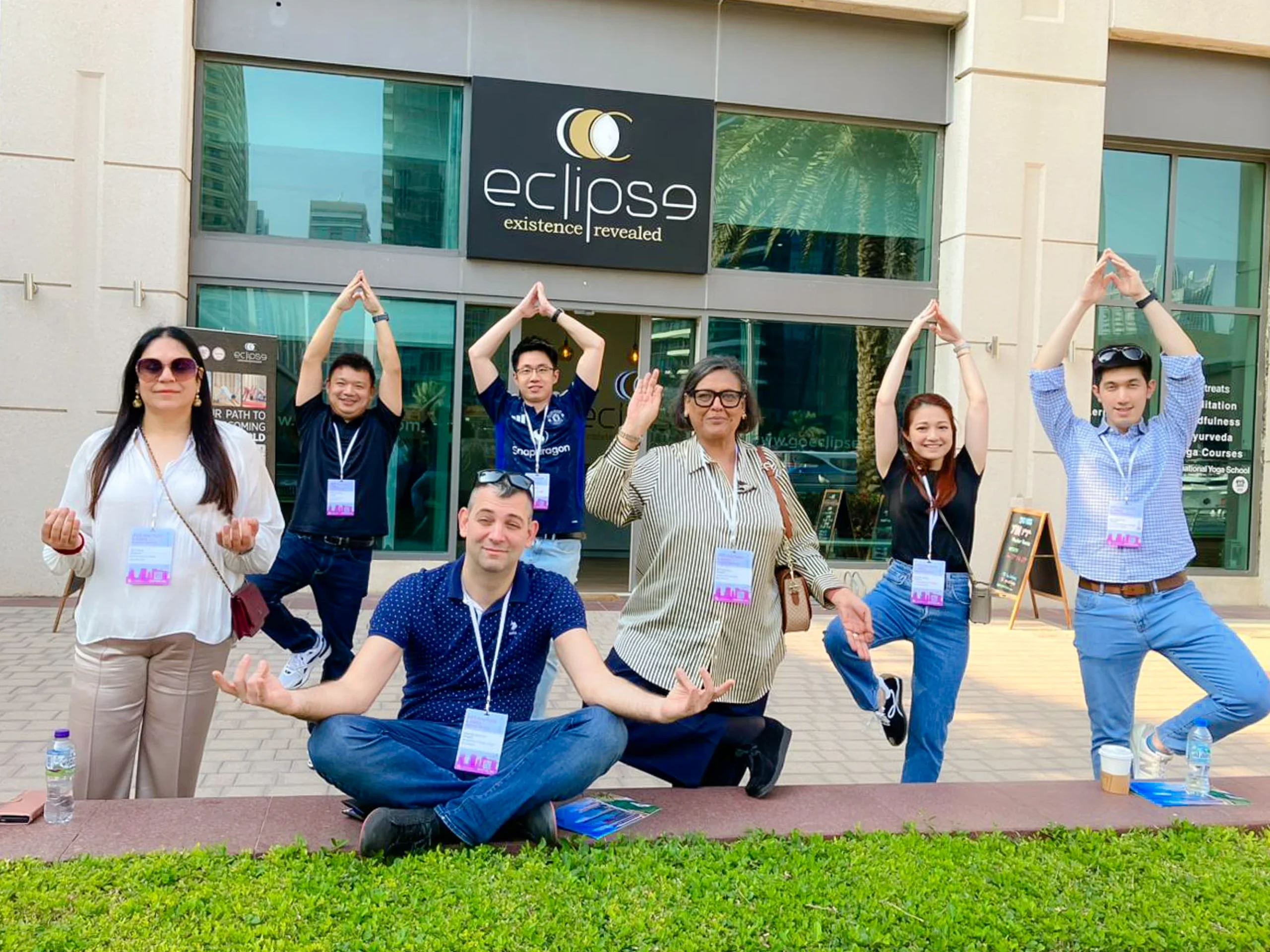In today's dynamic business landscape, effective leadership transcends mere authority. It requires a deep understanding of oneself and the ability to connect authentically with others. Self-awareness, the cornerstone of emotional intelligence, is paramount for leaders to navigate complexities, inspire teams, and drive sustainable success.
Understanding Self-Awareness
Self-awareness is the ability to accurately assess and understand your own emotions, strengths, weaknesses, values, and behaviors. It's about recognizing how your thoughts, feelings, and actions impact yourself and others. It's not just about knowing your strengths; it's about understanding your limitations, biases, and blind spots.Key Components of Self-Awareness:
-
Emotional Awareness:
Recognizing and understanding your own emotions, such as anger, fear, joy, and sadness, in real-time. This involves being able to identify and label your emotions accurately.- For example, instead of simply feeling "frustrated," a self-aware leader might identify the specific emotions contributing to their frustration, such as impatience, anxiety, or feeling overwhelmed.
-
Self-Assessment:
Objectively evaluating your strengths and weaknesses, identifying areas for improvement. This involves seeking honest feedback from others and engaging in regular self-reflection. -
Values and Beliefs:
Understanding your values and how they influence your decisions and behaviors. Are you driven by competition, collaboration, or a desire to make a positive impact? Understanding your values helps you align your actions with your beliefs. -
Self-Confidence:
Having a realistic and healthy sense of self-confidence, grounded in your strengths and achievements. Self-confidence allows you to make decisions with conviction, take calculated risks, and inspire others. -
Self-Regulation:
The ability to manage your emotions and impulses effectively. This includes controlling your temper, managing stress, and maintaining a positive attitude even in challenging situations.
The Benefits of Self-Awareness for Leaders
Self-awareness provides numerous benefits for leaders, enabling them to:-
Make More Informed Decisions:
By understanding their own biases and limitations, leaders can make more objective and informed decisions. They are less likely to fall prey to confirmation bias or allow personal emotions to cloud their judgment. -
Enhance Communication:
Self-awareness enables leaders to communicate more effectively. They can better understand and respond to the emotions of their team members, actively listen to their concerns, and communicate their own thoughts and feelings clearly and concisely. -
Build Stronger Relationships:
Self-aware leaders are more empathetic and compassionate. They can build stronger relationships with their team members by understanding their perspectives, showing genuine concern for their well-being, and creating a supportive and inclusive environment. -
Increase Emotional Intelligence:
Self-awareness is a crucial component of emotional intelligence, which encompasses self-awareness, self-regulation, social awareness, and relationship management. Leaders with high emotional intelligence are better 1 able to navigate complex interpersonal dynamics, build strong teams, and inspire others. -
Improve Leadership Effectiveness:
Self-aware leaders are more adaptable and resilient. They can effectively navigate change, learn from their mistakes, and continuously improve their leadership skills. -
Foster Trust and Respect:
When leaders demonstrate self-awareness and authenticity, they build trust and respect among their team members.
Cultivating Self-Awareness: Practical Tips for Leaders
Cultivating self-awareness is an ongoing process. Here are some practical tips for leaders to enhance their self-awareness:-
Regular Self-Reflection:
Engage in regular self-reflection through journaling, meditation, or mindfulness practices.- Journaling: Regularly journaling allows leaders to reflect on their thoughts, feelings, and experiences. It provides an opportunity to identify patterns, recognize biases, and gain deeper insights into their own behavior.
- Meditation: Mindfulness practices such as meditation can help leaders become more aware of their thoughts and emotions in the present moment.
-
Seek Feedback:
Actively seek feedback from trusted colleagues, mentors, subordinates, and even clients.- 360-Degree Feedback: Utilize 360-degree feedback tools to gain insights into how others perceive your leadership style.
- Coaching Sessions: Engage in regular coaching sessions with an executive coach to gain deeper insights into your leadership style and develop strategies for improvement.
-
Personality Assessments:
Consider taking personality assessments, such as the Myers-Briggs Type Indicator (MBTI) or the DiSC assessment, to gain a deeper understanding of your personality traits and preferences. -
Leadership Development Programs:
Participate in leadership development programs that focus on self-awareness, emotional intelligence, and personal growth.
The Role of Team Building in Cultivating Self-Awareness
While individual introspection is crucial, team-building activities can also play a significant role in fostering self-awareness among leaders.- Experiential Learning: Many team-building activities provide valuable opportunities for experiential learning. For example, outdoor challenges can push leaders outside their comfort zones, requiring them to adapt, make quick decisions, and learn from their mistakes.
- Feedback and Reflection: Team-building activities often incorporate opportunities for feedback and reflection. Leaders can gain valuable insights into their leadership style by observing how their team members respond to their guidance and by receiving feedback from their peers.
- Building Empathy: Team-building activities can help leaders develop empathy and understanding for their team members' perspectives and experiences. By working together towards common goals, leaders can gain a deeper appreciation for the challenges and perspectives of their team members.
- Developing Emotional Intelligence: Team-building activities can help leaders develop emotional intelligence by providing opportunities to practice active listening, manage conflict, and build strong relationships.
BoredroomX: Your Partner in Leadership Development
At BoredroomX, we specialize in designing and delivering engaging team-building activities that foster leadership development.- Experiential Leadership Programs: We offer a range of experiential learning programs that challenge leaders to step outside their comfort zones, develop their leadership skills, and gain valuable insights into their behavior.
- Mindfulness and Leadership Workshops: We incorporate mindfulness and mindfulness-based stress reduction techniques into our team-building programs to enhance self-awareness and emotional intelligence.
- Personalized Feedback: We provide constructive feedback and guidance to help leaders identify their strengths and weaknesses, and develop strategies for improvement.
- Customized Solutions: We can design customized team-building activities that specifically address the leadership development needs of your organization.








